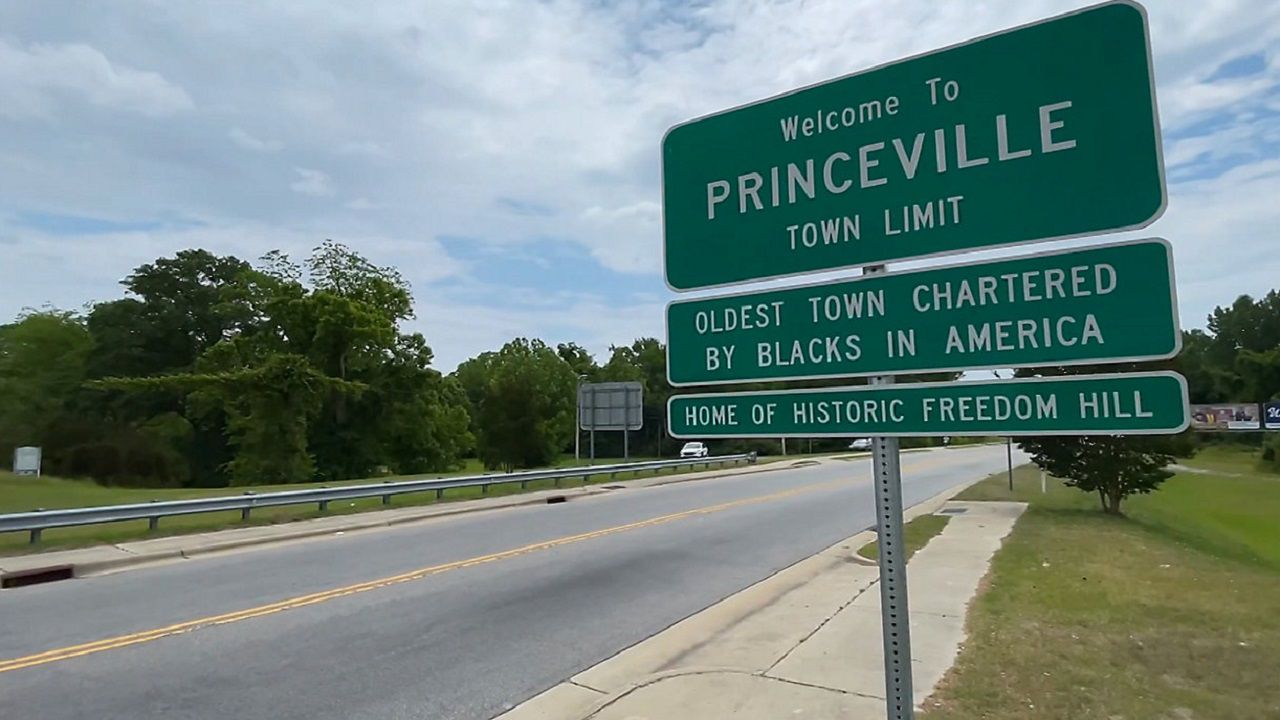The deadline for people exposed to toxic water at Camp Lejeune to file claims against the federal government is this Saturday, Aug. 10.
What You Need To Know
- Deadline to file claims over toxic water at Camp Lejeune is Saturday, Aug. 10
- U.S. Navy officials recently told Spectrum News 1 it received more than 320,000 claims
- Toxic water was on North Carolina base decades ago
- Most victims have died before settling, and a bill is in the works to expedite the cases
Two years ago, a federal law allowed people sickened or exposed by toxic water at Camp Lejeune from decades ago to take legal action against the federal government.
The federal government acknowledges that toxic water was on the North Carolina base from 1953 to 1987, tainted by chemicals blamed for causing various cancers, Parkinson’s Disease and other illnesses in people associated with Camp Lejeune.
The Camp Lejeune Justice Act was part of the broader PACT Act, which makes it easier for vets who were exposed to toxins during their service to obtain help through the Department of Veterans Affairs.
U.S. Navy officials told Spectrum News, they received more than 320,000 claims, as of July 19. But they added that a significant number of the claims received are duplicates. It expects the total number to eventually decrease.
Of the 320,000 claims received, only 109 settlements offers have been extended, according to the U.S. Navy. Of those settlements, only 64 accepted and the rest either declined or haven’t responded yet. The Navy said the total value of those claims settled is $15.9 million.
Because the number of settlements is so low, some victims have died before the government has settled their claims.
In May, a bipartisan bill was introduced in Congress to expedite the cases that are headed to court.
The bill would extend the jurisdiction of Lejeune cases from the Eastern District of North Carolina to the larger Fourth Circuit, which covers an area from Maryland to South Carolina.
The bill also would place a cap on how much attorneys can charge.
One advocate Spectrum News spoke with in May said he’s heard lawyers charging rates as high as 50 and 60%. The bill would cap it significantly lower.










